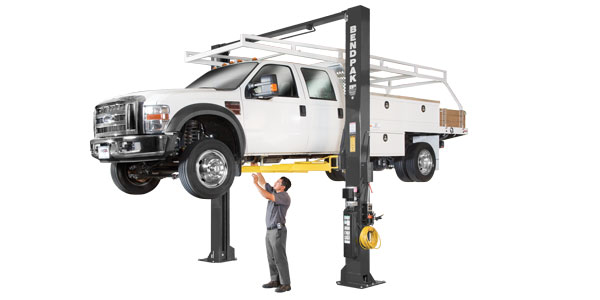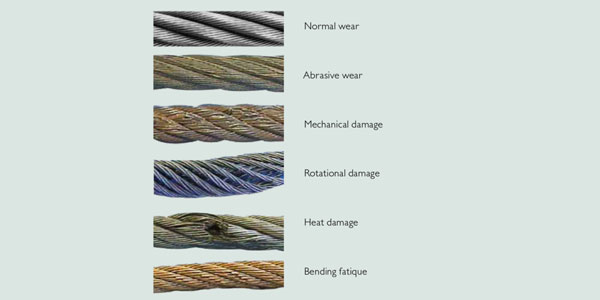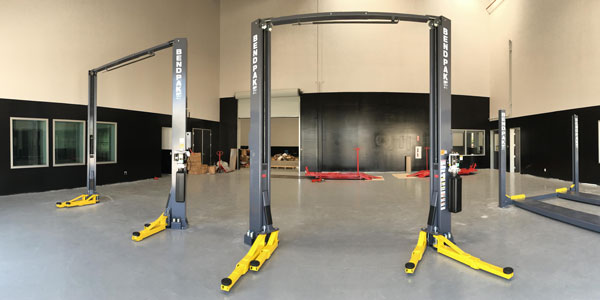Jeff Kaley, product manager, TruckVantage compliance for GE Capital Fleet Services, talks about avoiding CSA violations. He suggests developing the following strategies:
1. Strong fleet policy—A strong fleet policy that is properly administered will set the right expectations and tone as to how drivers are managed relative to their vehicle operation responsibilities.
2. Comprehensive maintenance policy—Adherence to regular maintenance schedules as well as timely DOT and state inspections is critical in operating a compliant fleet. One item often overlooked is the general appearance and cleanliness of the fleet vehicles. Clean trucks attract the right attention and can also have a positive impact when interacting with enforcement officials during inspections and other occasions.
3. Driver vehicle inspection report (DVIR)—Ensuring drivers consistently perform pre- and post-trip inspections and properly report any maintenance issues, as well as verifying previously reported problems have been resolved, is essential to cost control. This also pays off by avoiding unnecessary delays for roadside inspections. For example: inoperable lights are very visible and are one of the items that enforcement officials will key on that could lead to a level 1 inspection and associated out-of-service condition depending upon findings.
4. Record and data retention—Drivers need to keep all paperwork they receive when operating the truck and promptly provide the fleet office with the documents. Maintenance of this data is essential should the need arise in which a fleet needs to dispute CSA BASIC data reporting.
5. Frequent review of the CSA website—A fleet needs to realize frequent data reviews are essential to stay abreast of what is reported to the CSA system regarding vehicle and driver violations. This is an excellent source of valuable data that can guide the fleet to areas where improvement is needed. Five of the seven BASIC categories are open to the public for review—thus, the competition and customers having access to a fleet’s data.
Time and money savings can be realized by maintaining vigilance of a fleet’s CSA ratings.




